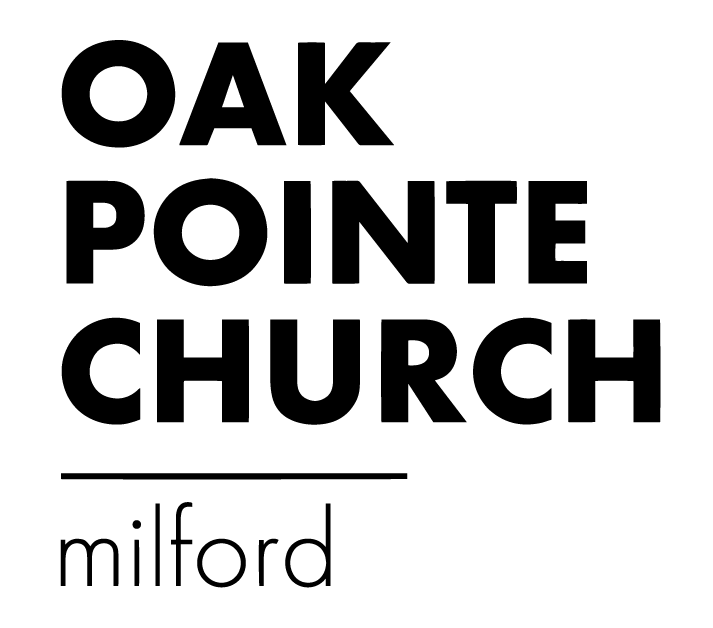
Use this devo as you are able, in whole or in part. Don’t feel compelled to read it all. Simply read and meditate upon whatever catches your attention. The goal is enjoying time with God through His Word and in prayer. Questions about the devotional elements?
Call to Prayer
Because of the Lord’s great love we are not consumed, for his compassions never fail. They are new every morning; great is your faithfulness. (Lamentations 3:22-23)
Prayer of Confession
Confession is formative. It trains us to recognize the ways our hearts have become de-formed and how Christ is at work bringing redemption in our lives. Pray with this in mind.
Jesus, here we are again, desiring a thing, desiring many things, that were we to indulge in, it would war against our own hearts. O Christ, rather let our lives be thine! Take our desires. Let them be subsumed in still greater desire for you, until there remains no room for these lesser cravings. We would rather choose you, Jesus— but we are weak. So be our strength. We are shadowed. Be our light. We are selfish. Unmake us now, and refashion our desires according to the better designs of your love. Amen.
Take a moment to confess your sins, knowing that he hears you.
Reading Plan
This reading plan will help you to develop the habit of being in God’s Word each morning and evening. Come to this time with expectation. Expect God to reveal himself to you. Expect that he delights in you being there, even when you’ve wandered away. Growing a spiritual habit is a slow, patient process. So be kind to yourself as you grow!
Readings are hyperlinked. Simply hover over the passage or click Morning/Evening Reading (email version).
Morning Readings:
Pray Psalm 50 | Read Acts 6
- Praying the Psalms: Read slowly. Take note of words and phrases. Bring them before the Lord in prayer and personalize the passage as you pray.
- NT Context: The story of Jesus doesn’t end with Jesus. It continues in the lives of those who believe in him. The supernatural does not stop with Jesus. Acts makes it clear that these Christians Luke wrote about were no more spectators of Jesus than Jesus was a spectator of God—they are in on the action of God, God acting in them, God living in them. Which also means, of course, in us.
Meditate on the passage, noting a few words or a phrase that stood out. Take them to God in prayer.
Evening Readings:
Pray Psalm 51 | Read Leviticus 5
- OT Context: “Holy” is the word that sets God apart and above our attempts to enlist him in our wish-fulfillment. The first thing that strikes us as we read Leviticus in this light is that this holy God is actually present with us and virtually every detail of our lives is affected by the presence of this holy God; nothing in us, our relationships, or environment is left out. The second thing is that God provides a way (the sacrifices and feasts and Sabbaths) to bring everything in and about us into his holy presence, transformed in the fiery blaze of the holy. Reflect on the passage. Who was the original audience, and what was their situation? How is that relevant to you today?
Parables Devo
This section of the Devo focuses on the passage(s) for Sunday’s sermon. Go ahead and read the following passage(s) and use the Parables Reading Plan + Study Guide to journal what stands out and what you have questions about in the passages. Below is a helpful commentary that can help to fill in the gaps.
Read: Matthew 19:30 + Mark 10:26-31 + 1 Peter 5:5-11
“The first will be last, and the last first.”
This phrase bookends our parable. It is the motto of God’s kingdom. But why? Why does Matthew use this parable to show what this phrase means? Perhaps it’s because the first (the Pharisees) become last by hubris. Their pride blinds them to the goodness of the vineyard owner.
The Pharisees are the real late comers in this tale! They had gotten God all wrong. He had invited them to work in his vineyard so that He could provide for them, protect them, and lavish his hesed upon them. But they just missed it! But we all have a tendency to forget God’s mercy!
This is what I find most hopeful about this passage, and about the gospel. Some of Jesus’ earliest followers after the resurrection were Pharisees. How amazing is that? The very people that Matthew so often pits in opposition to the Kingdom of Heaven become some of its first citizens after the Resurrection.
Among the early Christian communities that Matthew pastored there were surely some former Pharisees who, as Michael Card puts it, “sat huddled in the synagogue…stuck by the fact that they were the recipients of the extravagant wage for which they did little or northing. The Father of Jesus…is the one for whom they are working. And if they are sometimes surround by those who hate the fact that God is a God of lovingkindness, they are able to take comfort in the fact that Jesus saw it all coming long ago. In fact, he had told the story just for them (Pharisees who would become Christ followers!).”
The Kingdom of God is truly a place where the first are last and the last first. What a mystery of mercy. What generous love!
Evening Prayer of Examen
- Where did you move with or feel close to Jesus today?
- Where did you resist or feel far from Jesus today?
- Where is Jesus leading you tomorrow? Ask for joy as you follow him.
Benediction
Return O my soul to your rest; for the Lord has dealt bountifully with you. (Psalm 116:7)
